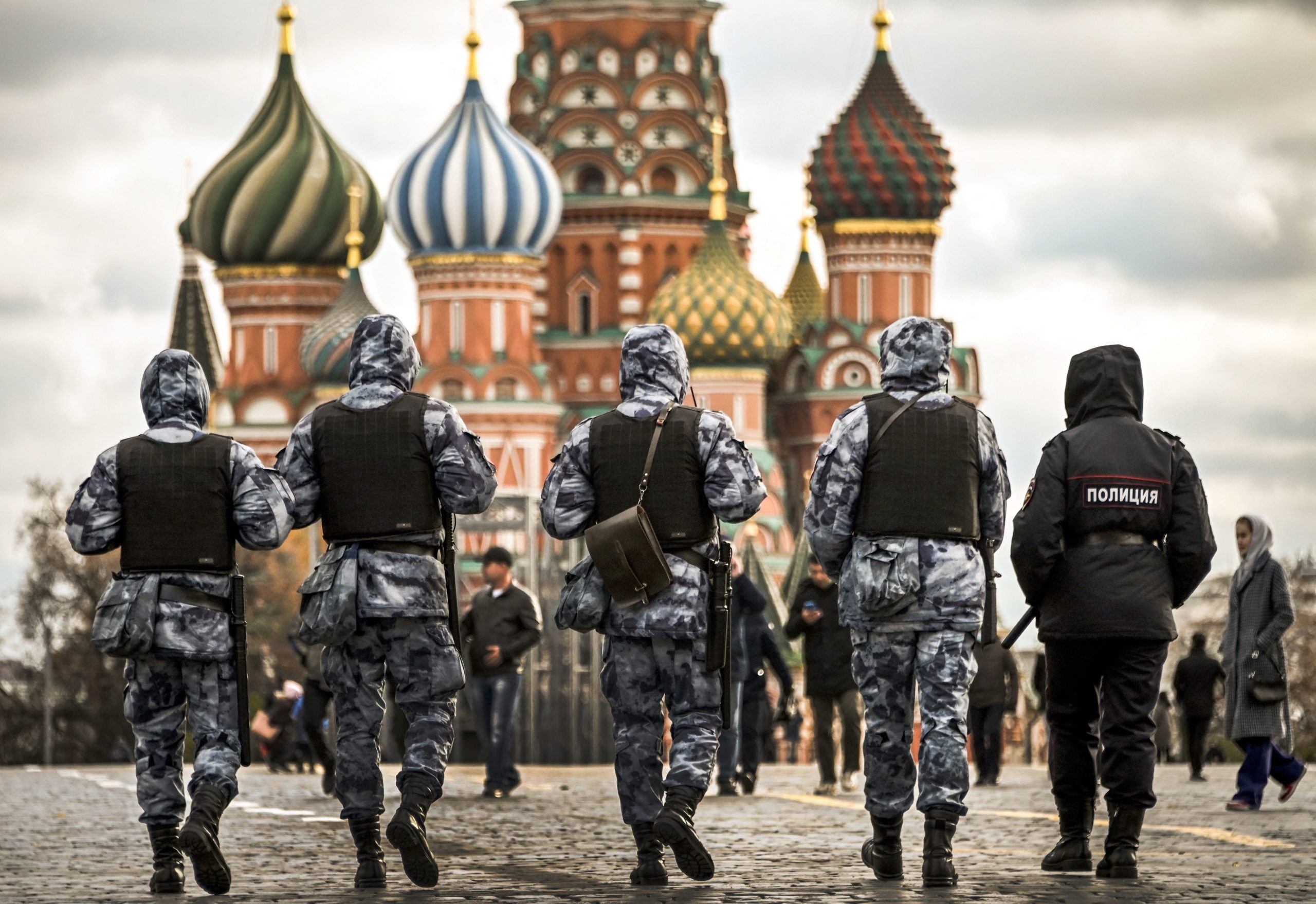In 1937, Joseph Stalin rallied against the “wrecking and diversionist espionage work of the agents of foreign states”, complaining that even his own citizens were unwittingly assisting saboteurs by being “careless, indifferent and naïve about it”. Fast-forward nearly 90 years and now the West is urging its citizens to be vigilant against a wave of Russian wrecking sweeping through Europe. Vladimir Putin’s claim, as he was sworn in for a fifth term as President yesterday, that Russia will be open to dialogue with its global rivals looks increasingly doubtful.
In a bid to raise awareness and resilience, European intelligence officials briefed the Financial Times that Moscow has been engaging in a more aggressive and concerted campaign of subversion throughout the continent, preparing violent acts of sabotage such as bombings, arson and attacks on infrastructure. Whether committed directly by Kremlin agents or via proxies, these hits are coordinated on a mass scale by the Russian government and show scant regard for the lives of local civilians. This is only the latest example of the West calling out Russian subversion — on Thursday, Nato published a statement expressing its concern at Russia’s “intensifying campaign of activities”, including “sabotage” and “acts of violence”.
This campaign is already well underway, with the perpetrators showing no lack of ambition in regards to the range of countries targeted and types of attack prepared. Last month, two German-Russian nationals were arrested and accused of plotting to bomb German industrial and military sites to disrupt aid to Ukraine. Moscow has reportedly interfered with Czech rail networks to destabilise the EU and even attacked the Estonian Interior Minister’s car.
That is before one turns to the increasing problem of Russia jamming satellite signals, to which both UK Defence Secretary Grant Shapps and British holidaymakers have fallen prey. It is so prevalent in northern Norway that air traffic is being disrupted almost every day, while the activities of the local police and emergency services are being hampered.
Sabotage conducted abroad holds numerous benefits for Russia. Besides constituting a new frontline in Putin’s wider war against the West, there is the added psychological victory of publicly making European nations appear weak and penetrable, with their citizens successfully persuaded to turn traitor and aid a hostile foreign power. Subversive activity presents further practical advantages for Russia in its war against Ukraine as well: two British men charged with setting fire to a warehouse storing aid for Ukraine were, prosecutors allege, operating on behalf of the Russian government to deprive Kyiv of vital munitions before they could even reach the front line.
There is perhaps another reason why Russia’s acts of destruction on European soil are so brazen. Putin’s broader strategy remains to degrade Western support for Ukraine by making it as difficult and costly as possible to supply Kyiv. Connected to this is the hope that Western democracy may prove a boon to Russia if populations grow weary of propping up Ukraine in a seemingly endless war and so put pressure on their electioneering politicians to sever aid.
Last Thursday, visiting Kyiv, Foreign Secretary David Cameron discussed plans to ramp up Britain’s defence production. However, there has already been an unexplained explosion at a Monmouthshire BAE Systems munitions factory that supplies shells used by Ukraine — one sees how the fear of further sabotage could spark local resistance to the expansion of defence production facilities. Add to that the danger of more generalised discontent among the broader population, as people may wonder if supporting Ukraine is worth increasing the likelihood of Kremlin-hired hoodlums wrecking the rail network.
Those are not the only causes for concern. While Russian sabotage may be merely disruptive now, it could become crippling in future. Danish intelligence services contend that Moscow is gathering information on how to cut power and data cables across Europe, and further calculating how best to “paralyse society” in the event of escalating tensions.
Russia’s announcement this week that it will hold drills near Ukraine to practice for a possible deployment of tactical nuclear weapons should be taken seriously, as should the warning that if British weapons are used by Ukraine to strike inside Russia, Moscow may hit back at British military installations and equipment too. This current wave of sabotage may be just a taste of what is to come.











Join the discussion
Join like minded readers that support our journalism by becoming a paid subscriber
To join the discussion in the comments, become a paid subscriber.
Join like minded readers that support our journalism, read unlimited articles and enjoy other subscriber-only benefits.
Subscribe